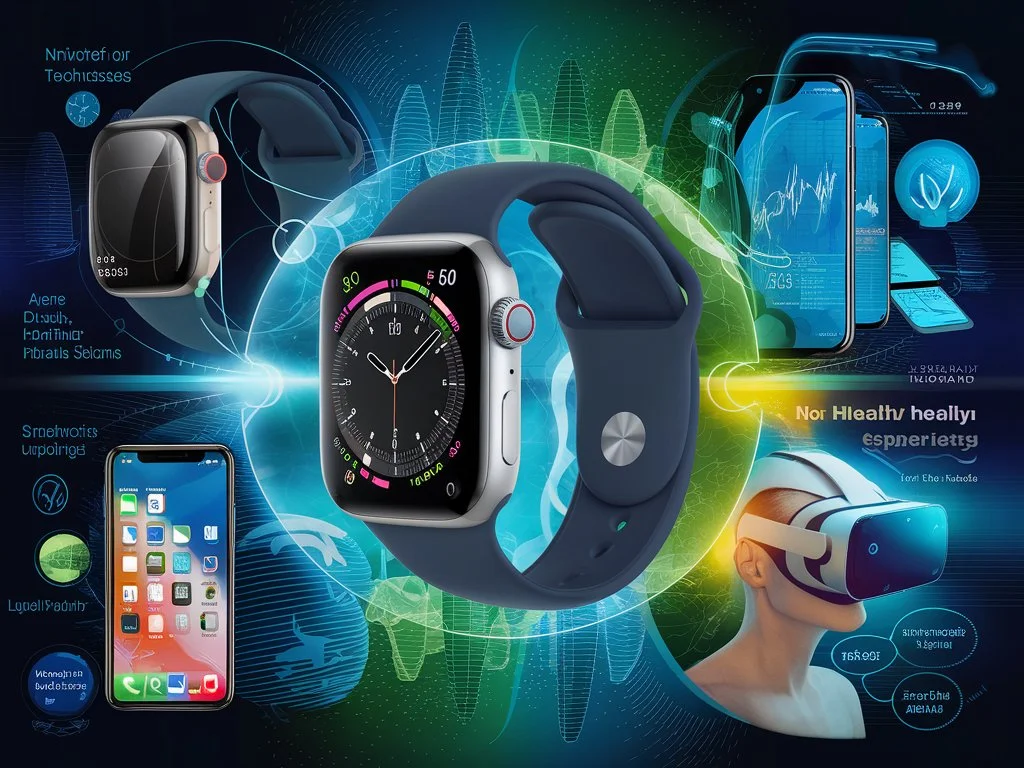Table of Contents
Effective short-term treatment focuses on addressing immediate needs with targeted strategies. Key approaches include personalized assessments, evidence-based therapies, and close monitoring for rapid progress. These solutions emphasize flexibility, ensuring interventions align with individual circumstances. Short-term treatments provide impactful results by prioritizing clear goals and measurable outcomes while laying the groundwork for sustainable long-term success.
Introduction to Short-Term Treatment Solutions
In the rapidly evolving healthcare landscape, short-term treatment solutions have garnered considerable attention for their targeted approach to immediate health concerns. These treatments are meticulously designed to meet specific therapeutic goals within a condensed timeframe, thus offering distinct advantages in various clinical scenarios. One prominent example is the Short Term Drug Rehab program, which emphasizes swift and focused rehabilitation strategies for individuals grappling with substance dependencies.
The essence of short-term treatments lies in their ability to stabilize patients quickly, manage acute symptoms efficiently, and set a solid foundation for any necessary longer-term care. By fulfilling these objectives, they not only bridge the gap between crisis management and recovery but also cater to patients who require immediate intervention without the long-term commitment typically associated with traditional therapeutic methods.
Different Models and Their Effectiveness
Short-term treatment solutions encompass various models, each tailored to address distinct health challenges effectively. For instance, Cognitive Behavioral Therapy (CBT) is extensively utilized for mental health disorders like anxiety and depression, providing patients with strategies to modify behavior and thought patterns in a short period. Similarly, detoxification programs serve individuals dealing with substance withdrawal by swiftly alleviating physical symptoms and preparing them for subsequent recovery phases.
According to a report from Medical News Today, the effectiveness of these models is often contingent upon the condition’s nature and the patient’s response. Quantitative research highlights that individuals undergoing short-term therapies can experience significant recovery within weeks, underscoring the potential of these methodologies to deliver impactful outcomes promptly.
Benefits of Short-Term Treatments
Short-term treatments offer various benefits that position them as an indispensable component of modern healthcare. Financially, they reduce costs by minimizing hospital stays and conserving medical resources. Patients also appreciate the swift relief these treatments provide, directly translating into a higher quality of life as they reclaim normalcy sooner.
Furthermore, short-term treatments catalyze long-term recovery. By focusing intensively on immediate issues such as behavior change or symptom stabilization, these interventions allow patients to make profound changes rapidly. They empower individuals by giving them tools to manage their health concerns effectively and autonomously, fostering self-reliance and sustained patient engagement.
Also Read: Managing Life with Dysautonomia: Practical Tips and Effective Coping Strategies
Challenges in Implementing Short-Term Solutions
Despite the clear advantages, implementing short-term treatment solutions faces several challenges. Resource constraints, including a shortage of specialized healthcare professionals and limited facility capacity, frequently hinder their widespread adoption. Additionally, societal misconceptions about these treatments’ efficacy can lead to patients’ hesitancy, impacting their willingness to engage in such programs.
Nevertheless, these challenges are manageable. Initiatives like community outreach programs and educational campaigns are pivotal in demystifying short-term treatments and promoting their benefits. As highlighted by Healthline, strategic resource allocation and clear communication can effectively address public health issues, ensuring the successful deployment and acceptance of these treatments.
Key Factors for Successful Treatment
The success of short-term treatment solutions relies on several key factors. Personalization of care is crucial, as it aligns therapeutic interventions with patients’ unique needs. Comprehensive patient assessments are essential for effective care delivery, providing a detailed understanding of the patient’s condition. Healthcare practitioners’ expertise significantly influences outcomes, and patient engagement and adherence to prescribed regimens are vital for successful therapeutic outcomes. These elements influence the overall effectiveness of short-term therapy options.
Final Thoughts
In summary, short-term treatment solutions are pivotal in addressing urgent healthcare needs efficiently and effectively. These interventions enhance patient outcomes by offering rapid relief and serving as a crucial element within the continuum of care. Adopting the advantages of short-term treatment approaches will be essential to improving patient care and healthcare delivery on a larger scale as the healthcare industry develops.




